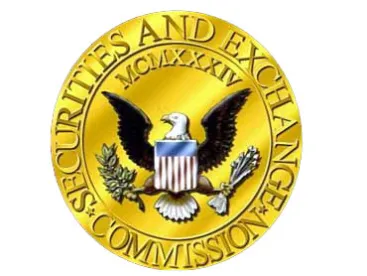Today, the U.S. Supreme Court unanimously held that any claim for disgorgement in an SEC enforcement action must be commenced within five years of the date the claim accrued. The decision in Kokesh v. SEC, No. 16-529, resolved a split among Courts of Appeals whether the statute of limitations that applies to SEC enforcement actions seeking a penalty or forfeiture (28 U.S.C. § 2462) applies when disgorgement is sought. The Court had earlier applied that statute of limitations to claims by the SEC seeking a civil monetary penalty, and held that the limitations period begins to run when the violation occurs, not when it is discovered by the government. Gabelli v. SEC, 568 U.S. 442 (2013).
The five-year statute of limitations applies to “an action, suit or proceeding for the enforcement of any civil fine, penalty, or forfeiture.” The Court held that the imposition of disgorgement in an SEC enforcement action is a “penalty,” thus subject to the five-year limitations period. In reaching that conclusion, the Court noted that disgorgement is imposed as a consequence of violation of a public law, not because some individual was aggrieved. Another element of the Court’s reasoning was that when disgorgement is ordered in an enforcement action the remedy is not compensatory. Instead, disgorged profits are paid to the court, and it is within the discretion of the court to determine how and to whom the money will be distributed.
Perhaps most important among the Court’s rationales, the primary purpose of disgorgement ordered in an enforcement action is deterrence, and sanctions imposed to deter infractions of public laws are “inherently punitive.” The Court noted that the amount paid is often greater than the defendant’s gain so that the defendant is not, in all cases, merely restored to the status it would have occupied had it not broken the law.
The oral argument in the case included considerable colloquy on the source of a court’s power to order disgorgement in an SEC enforcement action. In its decision the Court stated, “Nothing in this opinion should be interpreted as an opinion on whether courts possess authority to order disgorgement in SEC enforcement proceedings . . . .” (Slip Op., p. 5, n. 3)
The obvious effect of the decision will be to require the SEC to be expeditious in filing cases seeking not only civil monetary penalties but also, now, disgorgement. The Court did not address whether the remedy of an injunction, which often has collateral consequences for the defendant, or of declaratory relief is subject to this statute of limitations. The Court also did not discuss the effect a tolling agreement would have on the running of the statute.



 />i
/>i

